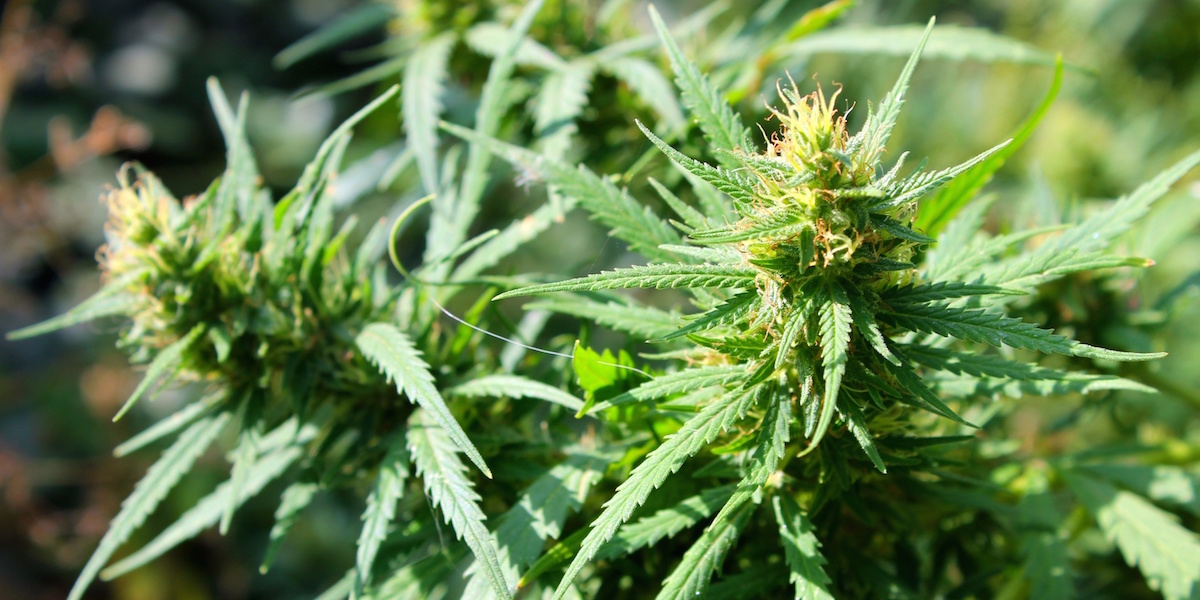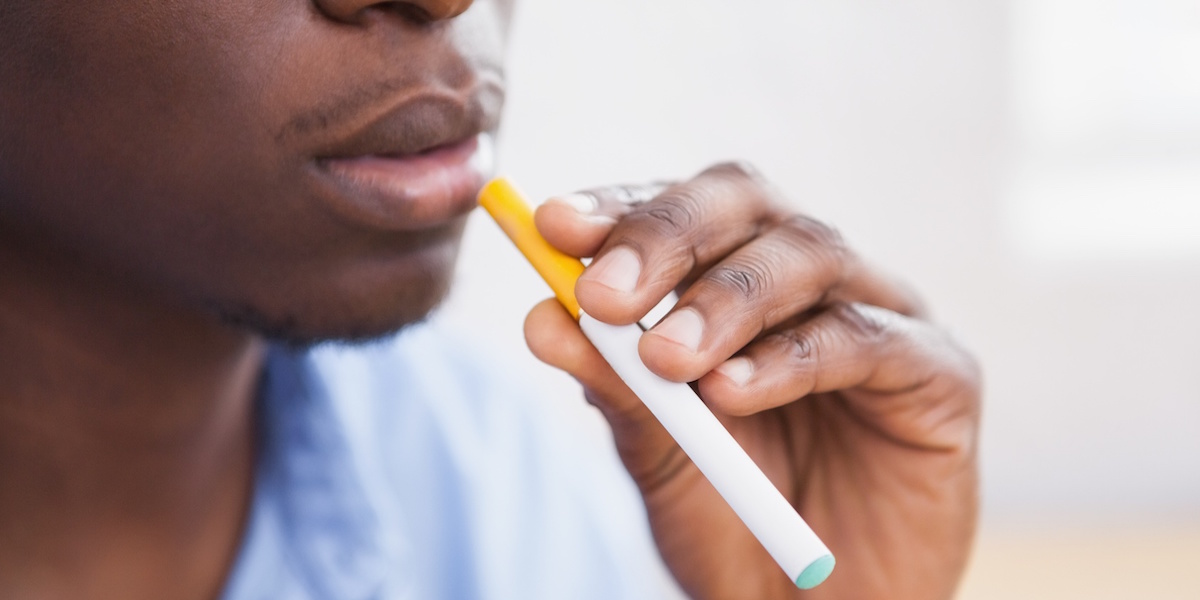
*The following is excerpted from an online article posted on The Washington Post.
The first two states to legalize recreational marijuana are starting to grapple with teenagers’ growing use of highly potent pot, even as both boost the industry and reap huge tax windfalls from its sales.
Though the legal purchase age is 21 in Colorado and Washington, parents, educators and physicians say youths are easily getting hold of edibles infused with tetrahydrocannabinol, or THC, the psychoactive component that causes a high, and concentrates such as “shatter,” a brittle, honey-colored substance that is heated and then inhaled through a special device.
Each poses serious risks to adolescents’ physical and mental health.
“Underage kids have unbelievable access to nuclear-strength weed,” said Andrew Brandt, a Boulder, Colo., software executive whose son got hooked while in high school.
With some marijuana products averaging 68 percent THC — exponentially greater than the pot baby boomers once smoked — calls to poison control centers and visits to emergency rooms have risen. In the Denver area, visits to Children’s Hospital Colorado facilities for treatment of cyclic vomiting, paranoia, psychosis and other acute cannabis-related symptoms jumped to 777 in 2015, from 161 in 2005.
The increase was most notable in the years following legalization of medical sales in 2009 and retail use in 2014, according to a study in the Journal of Adolescent Health published in 2018.
“Horrible things are happening to kids,” said psychiatrist Libby Stuyt, who treats teens in southwestern Colorado and has studied the health impacts of high-potency marijuana. “I see increased problems with psychosis, with addiction, with suicide, with depression and anxiety.”
The limited scientific research to date shows that earlier and more frequent use of high-THC cannabis puts adolescents at greater jeopardy of substance use disorders, mental health issues and poor school performance.
“The brain is abnormally vulnerable during adolescence,” said Staci Gruber, an associate professor of psychiatry at Harvard Medical School who studies how marijuana affects the brain. “Policy seems to have outpaced science, and in the best of all possible worlds, science would allow us to set policy.”
The critics also insist that more must be done to maintain tight regulation of the industry. That’s not been the case so far, they argue, with dispensaries opening near high schools in Seattle and with retail and medical pot shops in Denver outnumbering Starbucks and McDonald’s locations combined.
The bills that passed this spring in each state’s legislature, with bipartisan support, aimed mostly for industry expansion or deregulation. Washington lawmakers lightened the consequences of administrative violations, allowing for written warnings in lieu of fines. Colorado lawmakers approved broader investment in marijuana businesses and home delivery for medicinal users — followed by delivery for recreational users in 2021. Colorado also gave the go-ahead for consumers to use the drug in licensed dispensaries, restaurants and theaters.
Some physicians liken the states’ actions to a public health experiment, one that supports the cannabis industry’s interests while ignoring the implications for adolescents’ health.
“I hope we don’t lose a generation of people before we become clear we need to protect our kids’ brains,” said Leslie Walker-Harding, an adolescent medicine specialist who chairs the pediatrics department at Seattle Children’s Hospital. It also is seeing more teens with marijuana-related symptoms.
The industry disagrees that potent products like crumble, budder and crystalline are a danger, saying additional studies are needed. Existing data are “inconclusive about whether the changes that have been linked to early cannabis use are damaging in the long term,” Morgan Fox, media relations director for the National Cannabis Industry Association, said in an email. “There also needs to be more research on whether potency actually has an impact on consumers.”
Source: The Washington Post
https://www.washingtonpost.com/national/potent-pot-vulnerable-teens-trigger-concerns-in-first-states-to-legalize-marijuana/2019/06/15/52df638a-8c9a-11e9-8f69-a2795fca3343_story.html?utm_term=.400d65abcaea

 Teen Suicide, Binge Drinking Decline, New National Data Show
Teen Suicide, Binge Drinking Decline, New National Data Show  Vaping May Be Reversing Decades of Progress Against Youth Smoking
Vaping May Be Reversing Decades of Progress Against Youth Smoking  Genetics and Personality Traits Shape Early Teen Drinking Risk
Genetics and Personality Traits Shape Early Teen Drinking Risk